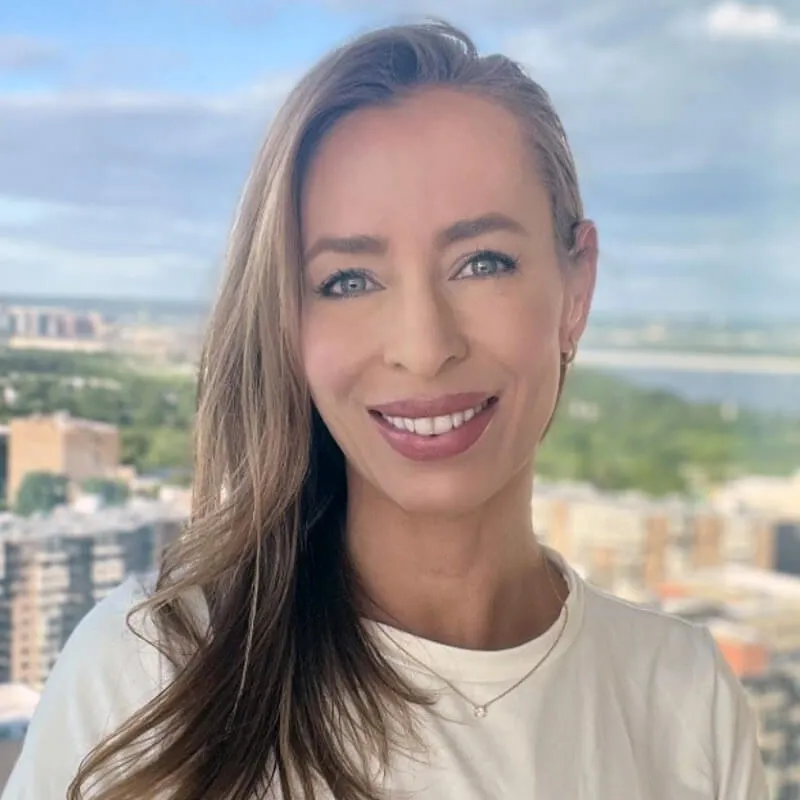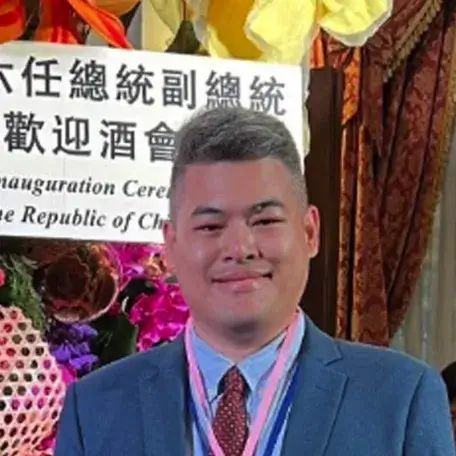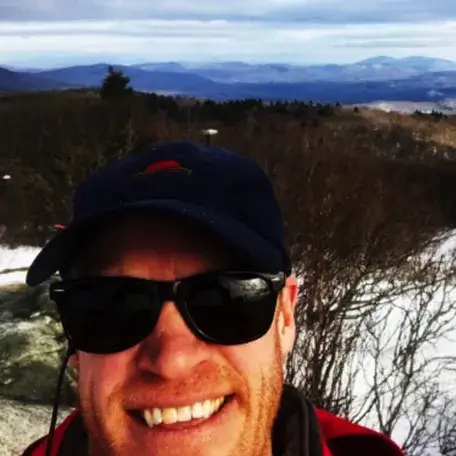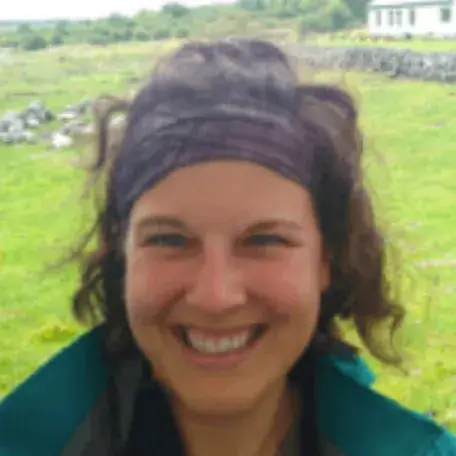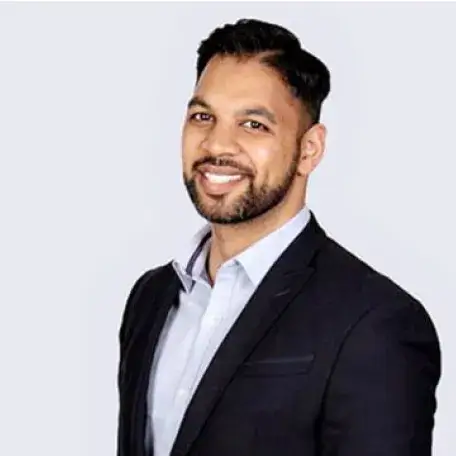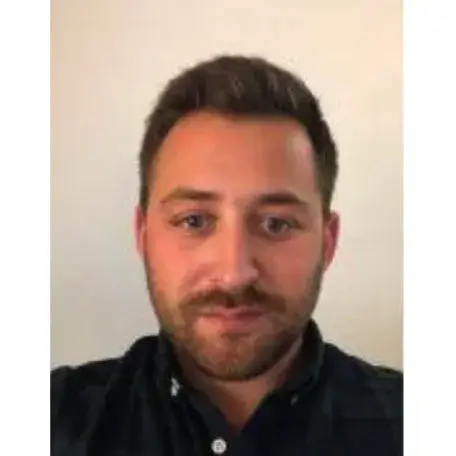The study of history provides a strong foundation for a broad variety of careers. By exploring continuity and change, history students learn to understand their own cultures, communities, and themselves. Training in history enhances the ability to recognize patterns in voluminous data, training the mind to think on many levels and to deal with partial evidence and ambiguity. By supporting comparisons and connections, the study of history prepares students to test new solutions against past experiences. These are skills valued by employers not just in the field itself, but across careers.
What do these people all have in common?
John F. Kennedy
Sacha Baron Cohen
Kareem Abdul-Jabbar
Lauryn Hill
Julia Child
They're all history majors — the major with no limits.
UVM History majors have gone on to careers in:
Advertising
Banking & finance
Community development
Curation/museums
Education
Government relations and public administration
Historic preservation
Journalism
Law
Library science
Market research
Medicine
Publishing
Public relations/Corporate communications
Social work
Urban planning and city management
Writing & editing
